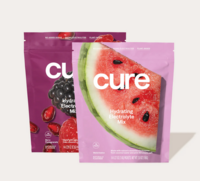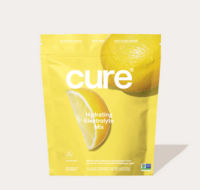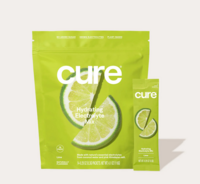What do severe period pain, infertility, chronic pelvic pain, painful sex, nerve pain, and GI symptoms all have in common? They are all symptoms of endometriosis.
What Is Endometriosis?
Endometriosis is a condition in which endometrial tissue, which normally lines the uterus, develops outside of the uterine cavity in abnormal locations such as the ovaries, fallopian tubes, and abdominal cavity.
It took me four more years to get a diagnosis of endometriosis. Four years of unknown pain and suffering. Four years of doctor visits and being asked, “Are you sure you're actually in pain?" Four years of being told, “We can’t find anything wrong with you.”
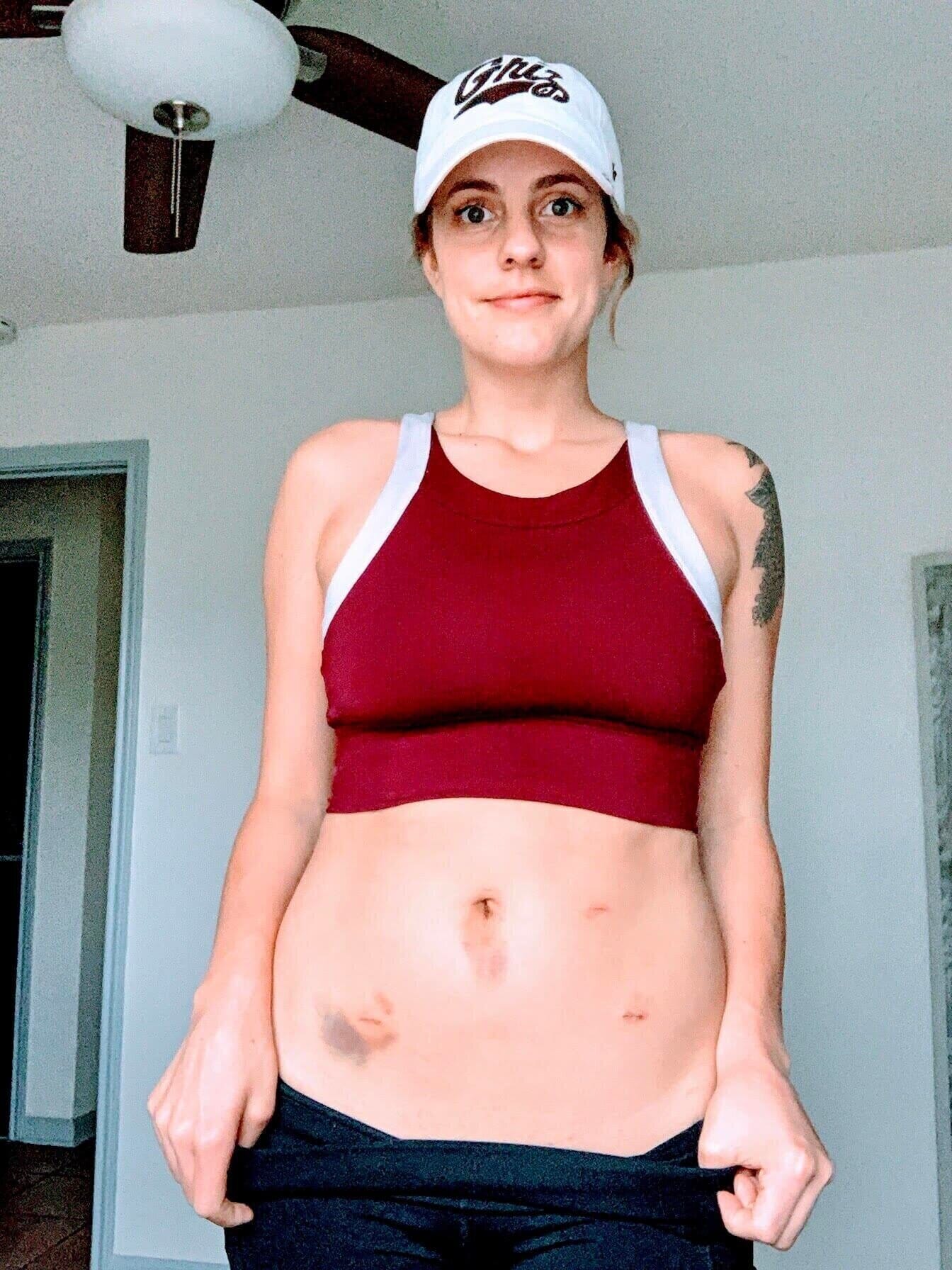
In the years prior to my diagnosis, I had a colonoscopy because my doctors thought I had GI issues. Before that, they put me on multiple different kinds of birth control pills to help regulate my periods. Basically, they did everything except suggest that I had Endometriosis.
My symptoms started in high school when I was 15 with severe abdominal pain. My pain was never correlated to my periods, but I would have severe abdominal pain that would almost make me pass out. It would come and go in waves, and then I would be fine. I wasn't officially diagnosed with stage 4 endometriosis until I was 21 years old.
After I had my first abdominal surgery, I was told my bowel had adhered to my abdominal wall. I also had blood-filled cysts (endometriomas) on my ovaries and endo adhesions on my fallopian tubes causing them to be filled with fluid (hydrosalpinx). No wonder I had been in immense, unforgiving pain for all those years! I underwent two ablations/coagulation laparoscopic surgeries for endometriosis between 2012-2014, neither of which helped alleviate my pain.
In 2014, I decided to take control of my health, and, to my surprise, I discovered that I could almost completely alleviate my pain by cutting gluten and dairy from my diet, and I was able to manage my pain with diet and lifestyle up until this year.
In Spring 2019 my pain returned, and I underwent excision surgery by a trained endometriosis specialist. Because of my previous surgeries, I had so much scar tissue that was constricting my organs and causing me pain. Unfortunately, you cannot eat or exercise away this kind of scar tissue, so excision surgery was my only option. That’s why it’s so important to have excision surgery by a trained endometriosis specialist from the very beginning.
Unfortunately, my story is not that uncommon. There are an estimated 175 million women worldwide that have endometriosis and the reality is that number is probably a lot higher due to the lack of understanding from our medical community and the delay in the diagnosis of this disease.
It takes an average of 10 years to get diagnosed with endometriosis, and the most common surgery performed by a normal OBGYN is ablation/coagulation which can lead to more pain and scar tissue, prolonging pain and suffering for many women.
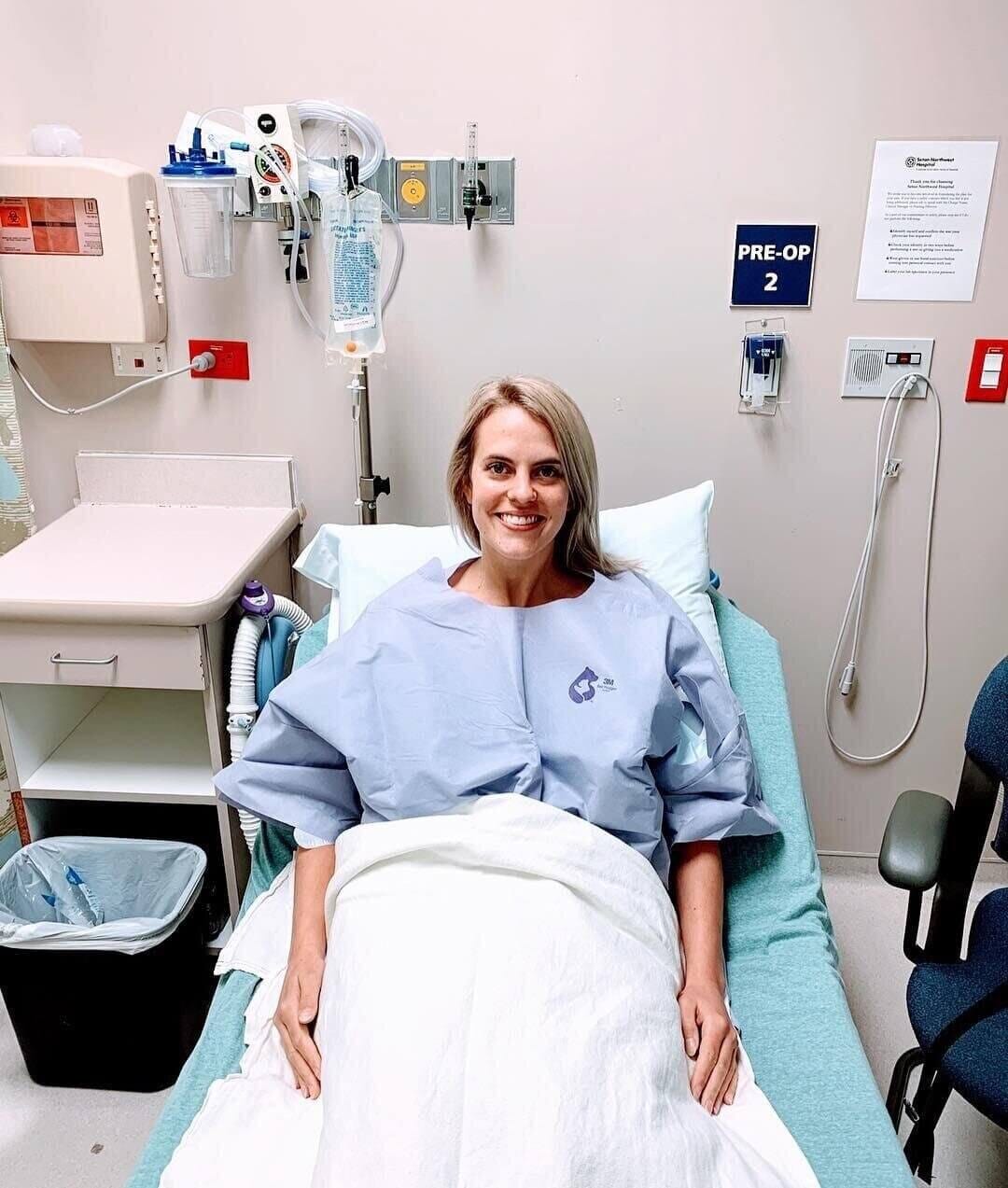
I will say, taking the first step and deciding to take control of your health is the best decision you will ever make. That is why I became an endometriosis coach. I understand how it feels to have your pain dismissed and be at a loss for what to do. I also know how empowering it feels to be more in control of your symptoms, and I want you to know that pain relief is within your reach.
The best way to manage your pain is excision surgery to fully remove your endometriosis along with diet and lifestyle modifications. Below are my top five tips to help you manage your endometriosis pain:
1. Mindset Work
Getting into the right headspace is essential to be able to manage your pain and fully commit to building better habits for your Endometriosis. Gratitude, affirmations, ditching negative beliefs, learning to love your body, and overcoming any negativity you have about your Endometriosis is a great place to start.
2. Dietary Modifications
Learning and understanding the foods that aggravate your endometriosis pain (because they can be different for each woman) is crucial in helping you manage your pain. Reducing your overall inflammation with an anti-inflammatory diet is also very important!
3. Lifestyle Changes
Building better habits such as setting routines, getting exercise, and meal prepping can set you up for success in managing your Endometriosis. This also includes reducing your exposure to BPA & plastic, as well as switching out your personal care items and cleaning supplies to non-toxic/natural brands in order to avoid hormone disruptors and chemicals.
4. Excision Surgery
Excision surgery by a trained endometriosis specialist is the gold standard of surgical treatment of endometriosis and can provide so much relief! This is especially important if you’ve had previous ablation surgeries, as I stated earlier, which can lead to more scar tissue and adhesions that can cause unfathomable amounts of pain!
You can click here to learn more about excision surgery, and if you are wanting to find an excision specialist, I recommend joining the Nancy’s Nook Education Facebook page, as there is a list of excision specialists by State and Country. Here are a few other great resources where you can learn more about endometriosis surgery: The Center For Endometriosis Care & Vital Health Endometriosis Center.
5. Flare Day Toolbelt
Here are some tools that might help on bad flare days. (Please be sure to consult with a medical professional first):
- Take an Epsom salt bath with lavender and peppermint essential oils to help relax your achy, throbbing muscles.
- Tiger Balm and pain patches are lifesavers for endo belly pain.
- Try to stay hydrated: Flare days can cause many women to become nauseated and unable to keep anything down. Take sips of Pedialyte or an electrolyte drink on these days.
- Use cannabis and/or CBD: both THC & CBD have powerful anti-inflammatory properties. Cannabis can also be a powerful pain reliever that is non-addictive.
- A TENS machine is an electrical nerve stimulation unit that sends vibrations that can relax muscles. A lot of women with endometriosis have found this machine to be helpful.
- Rest: Having a bad flare day is mentally and physically exhausting. Your body needs to rest! Make sure to take time for yourself and slow down.
If you are suffering from endometriosis, I want you to know that you are not alone! There are millions of us out here supporting each other, fighting for a diagnosis, and for better healthcare coverage. United we are so much stronger! If you need someone to talk to, do not hesitate to reach out; I will always be here for you.

Chelsea Donohue is an endometriosis coach who helps women with endometriosis gain more energy, manage their pain, and learn to live with their illness in a more positive manner. You can follow her on Instagram @chelseaaabri or visit her website here.


.jpeg)










